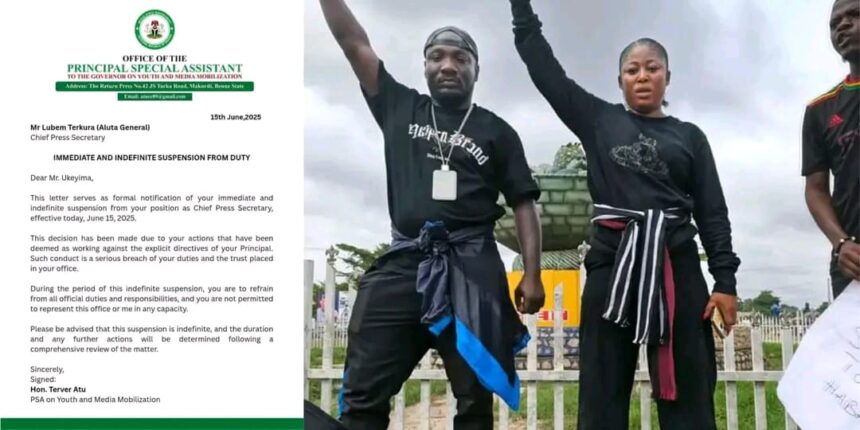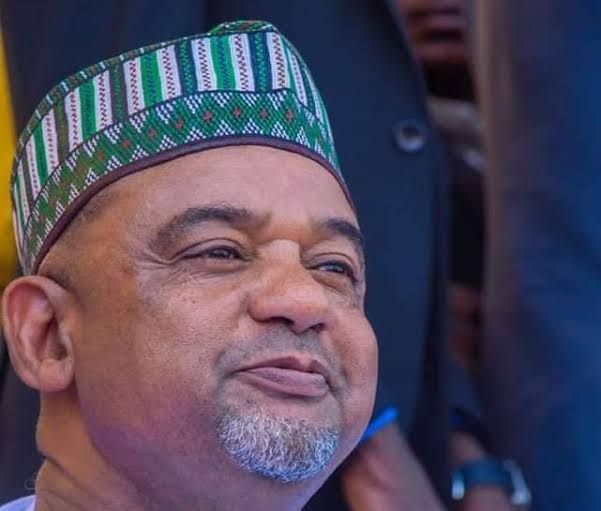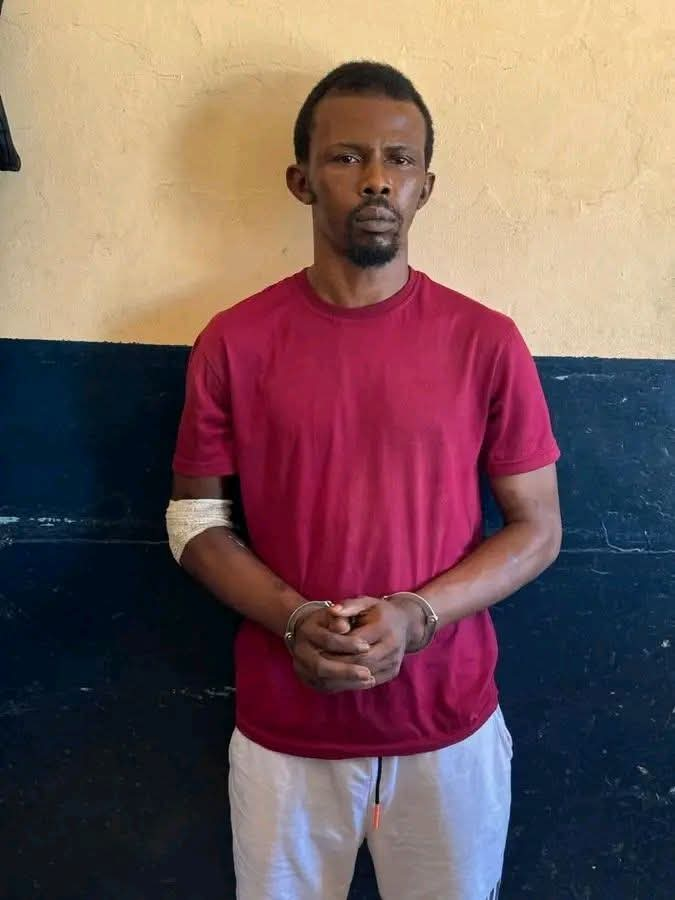Governor Hyacinth Alia of Benue State has indefinitely suspended his Chief Press Secretary, Tersoo Kula, following the latter’s involvement in the recent #EndBenueGenocide protest.
The protest, which drew national attention, was organized to call for an end to ongoing killings in parts of Benue State allegedly carried out by armed herders.
The suspension was confirmed on Sunday, June 16, by the governor’s spokesperson. According to reports, Kula’s participation in the protest was viewed as insubordination and a breach of loyalty to the administration. The protest was held in Makurdi, the Benue State capital, and involved several civil society organizations, activists, and concerned citizens who demanded urgent government action to halt the wave of violence affecting local communities.
READ ALSO: APC suspends planned congresses indefinitely
While the state government has not issued an official public statement outlining the exact reasons for Kula’s suspension, Sahara Reporters and other sources revealed that the move was directly linked to his visible support for the protest. Kula was reportedly seen marching alongside demonstrators and making public comments on social media in solidarity with the #EndBenueGenocide campaign.
The protest itself was held to spotlight the continued attacks on rural communities in Benue by suspected armed herders. Demonstrators accused the federal and state governments of failing to protect residents and of downplaying the severity of the crisis. Protesters carried placards bearing messages such as “Stop the killings,” “Benue lives matter,” and “End Benue genocide now.”
Activists say that hundreds have been killed or displaced in recent months due to violence in Benue’s rural areas, with repeated reports of attacks on farming communities. The demonstrators called for enhanced security presence, the arrest of perpetrators, and direct intervention from both state and federal authorities.
Tersoo Kula’s participation appeared to align with the protestors’ grievances. However, his actions reportedly angered the state government, which viewed his public alignment with the protest as undermining the administration’s efforts and image.
A top government source who spoke anonymously said Kula had been warned previously about making public comments critical of the government’s response to security issues. His latest actions, the source said, crossed the line by actively participating in a protest that implicitly criticized the governor.
Reactions to Kula’s suspension have been mixed. Human rights groups and civil society organizations condemned the decision, arguing that it infringes on the right of public officials to express personal concern over humanitarian issues, especially one directly affecting their home state.
Speaking to journalists, a protest coordinator who requested anonymity described the suspension as “a suppression of free expression and democratic participation.” According to him, “If public servants can’t even stand with their people during a humanitarian crisis, then we have lost the essence of governance.”
On social media, the news of the suspension sparked fresh debate about freedom of expression, political loyalty, and the expectations placed on public officials. While some argued that Kula, as a senior aide to the governor, should have used internal channels to raise his concerns, others praised his courage for joining a grassroots movement aimed at protecting lives.
As of Monday, the Benue State Government has not announced a replacement for Kula, nor has it specified the conditions under which he might be reinstated. Kula himself has yet to make an official statement since the news broke, and efforts to reach him for comment have so far been unsuccessful.
Benue State has been at the center of Nigeria’s long-running herder-farmer conflict, with recurring violence leading to widespread displacement and humanitarian crises. Governor Alia, who assumed office in 2023, has faced mounting pressure from citizens and advocacy groups to address the security challenges more effectively.
The indefinite suspension of the Chief Press Secretary may deepen perceptions of a government increasingly intolerant of internal criticism, even as the state continues to grapple with one of the country’s most persistent security challenges.





